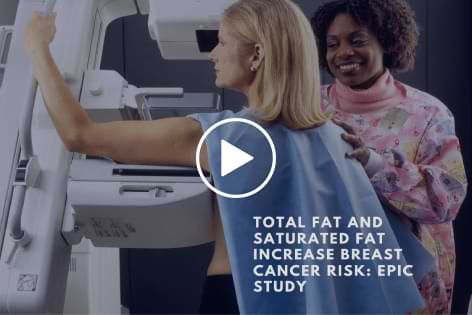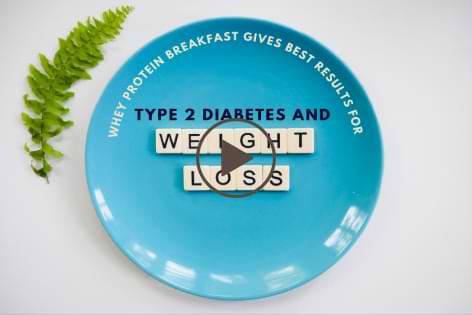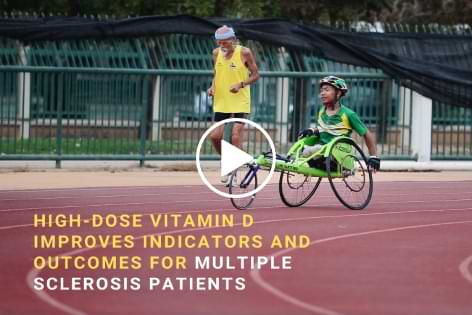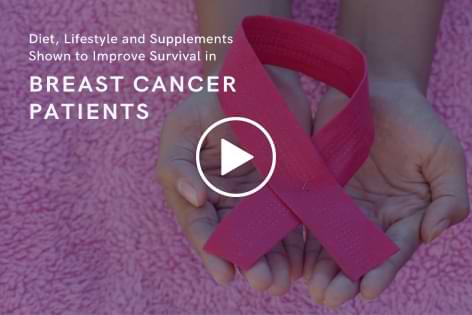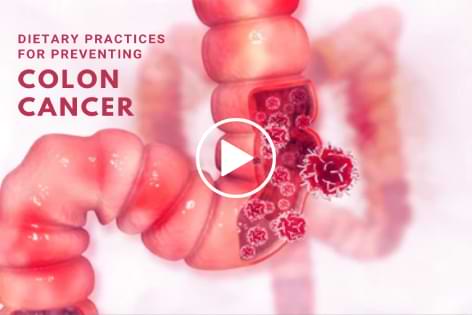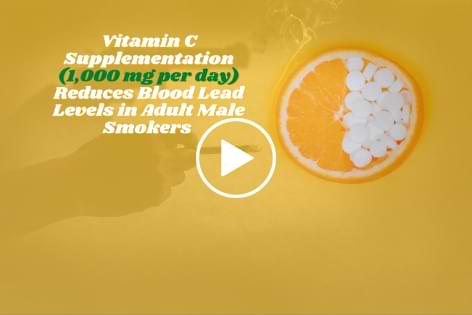
LMU 08 - Vitamin C Supplementation Reduces Blood Lead Levels in Adult Male Smokers
Source: Journal of the American College of Nutrition (2013)
Lifestyle Medicine Update (May 3, 2016)
Introduction:
Welcome to Lifestyle Medicine Update! In this edition, we will explore an intriguing study published in 2013 in the Journal of the American College of Nutrition, which sheds light on the potential benefits of vitamin C supplementation in reducing blood lead levels in adult male smokers.
The Study
The 2013 study by Dawson et al. aimed to investigate the impact of vitamin C supplementation on blood lead levels in adult male smokers. The researchers recruited 75 adult men aged 20 to 30 who smoked at least one pack of cigarettes daily. Notably, all participants had blood lead levels below -1.45 μmol/L, the minimum level associated with lead toxicity symptoms. Moreover, these individuals displayed no clinical signs of vitamin C deficiency or lead toxicity.
Study Groups and Methods
The subjects were randomly divided into three study groups containing 25 participants. One group received a daily vitamin C supplement of 1000 mg, the second group received 200 mg of vitamin C per day, and the third group received a placebo with no vitamin C supplementation. Blood and urine samples were collected at the beginning of the study and weekly for four consecutive weeks to assess vitamin C and lead levels in each group.
Promising Results: Vitamin C and Lead Reduction
The findings were striking. The group taking 1000 mg of vitamin C daily experienced a remarkable 81% decrease in blood lead levels after just one week of supplementation. This significant reduction continued throughout the study period. Surprisingly, the group taking 200 mg of vitamin C showed no change in blood lead levels, suggesting that the dose of vitamin C plays a crucial role in its lead-reducing effects.
Understanding the Mechanism
The Global Lead Advice and Support Service has identified several vital nutrients that may reduce blood lead levels, including vitamin C, calcium, iron, zinc, and phosphorus. These nutrients compete with lead for absorption in the body, reducing its uptake. Additionally, vitamin C stands out due to its ability to enhance lead excretion from the body, which might explain its rapid impact on blood lead levels in the study.
Other Nutrients with Lead-Reducing Effects
Beyond vitamin C, other nutrients such as vitamin E, thiamine (B1), folate acid (B9), and iron have consistently reduced blood lead levels. As we know, lead accumulation in the body can lead to various health issues, including kidney dysfunction, anemia, high blood pressure, decreased fertility in men, and potential contributions to neurodegenerative diseases such as Alzheimer’s, Parkinson’s, and Lou Gehrig’s.
The Dangers of Lead Exposure
Lead exposure in children is especially concerning, given its detrimental impact on brain development and the nervous system. However, this article primarily focuses on reducing lead levels in adults.
Personal Anecdote
Personal anecdotes can provide valuable insights into the practical implications of scientific findings. Dr. James Meschino, the author of this update, shares that he has been taking 1000 mg of vitamin C as part of a high-potency multiple vitamin and mineral supplement for many years. The study’s results strengthen his resolve to continue this practice, as maintaining lower blood lead levels may offer additional health benefits.
Conclusion
In conclusion, the 2013 study in the Journal of the American College of Nutrition sheds light on the promising role of vitamin C supplementation in reducing blood lead levels in adult male smokers. This finding highlights a potential avenue for mitigating the harmful effects of lead exposure in individuals who smoke, contributing to overall public health. As always, it is essential to stay informed about the latest research and consider integrating evidence-based lifestyle practices to lead healthier and happier lives.
References
Main Research Article:
Dawson EB, Evans, DR, Harris WA, Teter MC, and McGuinty WJ. The effect of ascorbic acid supplementation on the blood lead levels of smokers. Journal of the American College of Nutrition. Vol. 18, issue 2. Published online June 7, 2013. http://www.ncbi.nlm.nih.gov/pubmed/10204833
Adverse Health Effects of Lead
http://www.atsdr.cdc.gov/csem/csem.asp?csem=7&po=10
Global Lead Advice Support Service:
https://www.lead.org.au/fs/Fact_sheet-Nutrients_that_reduce_lead_poisoning_June_2010.pdf
Alzheimer’s disease, Parkinson’s disease, Lou Gehrig’s disease:

Dr. James Meschino
ABOUT THE AUTHOR
Dr. James Meschino, DC, MS, ROHP, is an educator, author, and researcher having lectured to thousands of healthcare professionals across North America. He holds a Master’s Degree in Science with specialties in human nutrition and biology and is recognized as an expert in the field of nutrition, anti-aging, fitness, and wellness as well as the author of numerous books.


